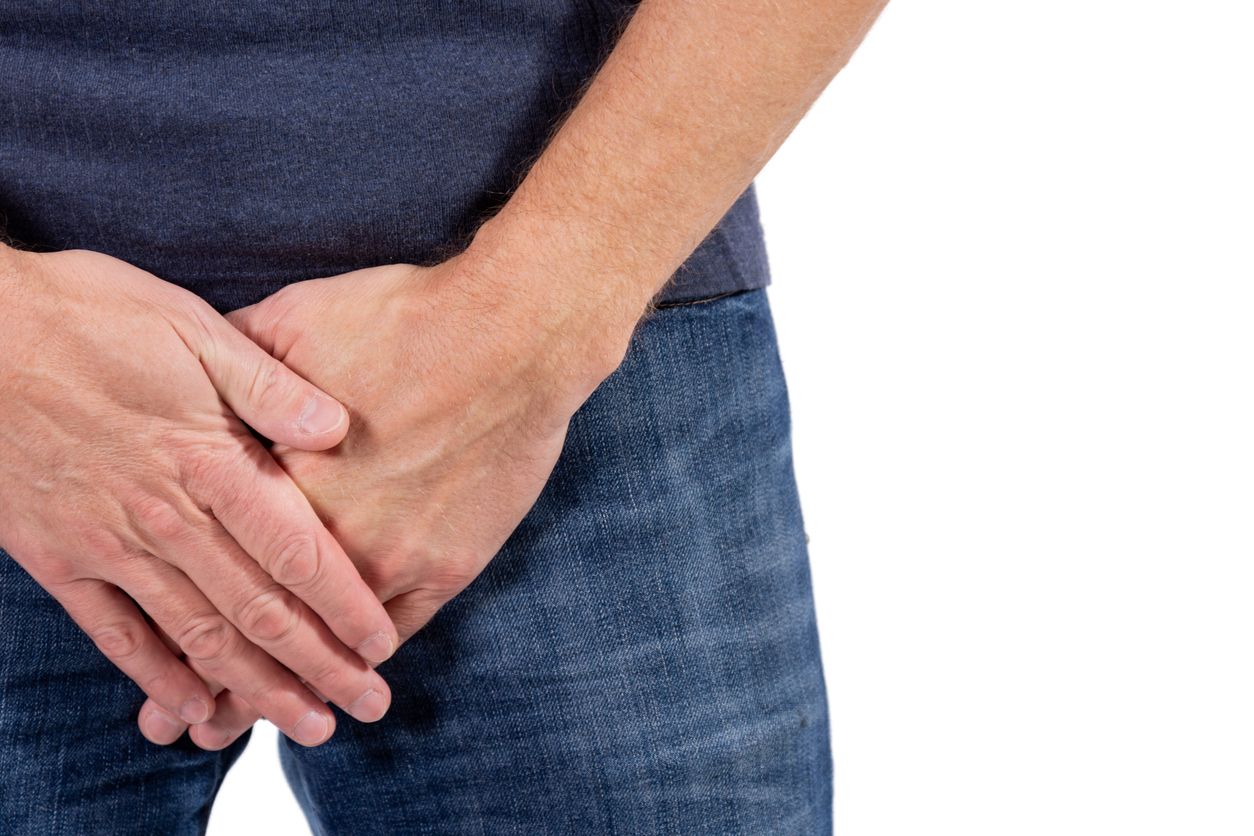Oligospermia, also called oligozoospermia, is a cause of male infertility defined as a low sperm count, although when it reaches zero it is called azoospermia. Low sperm count is not, however, incompatible with having biological children, although it does decrease the chances. On the other hand, in some cases low sperm count may also be associated with sperm motility problems.
Oligospermia is diagnosed by looking at the semen under a microscope to see the number and quality of sperm. Two samples are usually needed to confirm the diagnosis. This is then complemented by further tests to find possible causes.
What does it mean to have a low sperm count?
According to the WHO, having a low sperm count or oligospermia is equivalent to having less than 15 million sperm per millilitre of semen. Depending on the sperm count, there are several types of oligospermia:
- Mild oligospermia: 10 to 15 million sperm per millilitre of semen.
- Moderate oligospermia: 5 to 10 million/ml.
- Severe oligospermia: below 5 million.
In fertilisation, which occurs in the fallopian tubes, the sperm meets the egg. In a man with no sperm disorder, the body tries to ensure fertilisation by releasing between 80 and 300 million sperm at each ejaculation, knowing that the vast majority will be eliminated along the way and that barely a million will reach the fallopian tube.
Symptoms and causes of oligospermia
Natural ageing
From the age of forty onwards, in the same way that women lose eggs until they reach the menopause, men suffer degenerative changes in the seminiferous epithelium responsible for the formation of spermatozoa, which leads to a decrease in the number of sperm in the semen. This is compounded by a decrease in the production of testosterone, the male hormone par excellence, in the Leydig cells.
Obesity
Obesity and being overweight have consequences on multiple levels. One of them is that obese men are three times more likely to suffer from oligospermia. Testosterone production decreases with increasing body mass index, thus reducing semen quality.
Tobacco and other toxic substances
Tobacco contains toxins that affect sperm quality. Men who smoke more than a pack a day have almost 20% fewer sperm than non-smokers.
Exposure to other toxins – such as pesticides, heavy metals or chemicals – can also negatively affect sperm counts. The same is true for chronic alcohol intake.
Some medications taken on a chronic basis, such as beta-blockers for blood pressure, may also be responsible for low sperm counts.
Stress
Stress increases cortisol production, and this hormone in turn causes a decrease in testosterone, affecting semen quality.
Varicocele
A varicocele is an abnormal dilation of the veins in the scrotum. The function of these veins is to carry blood that no longer contains oxygen to the heart and their dilation means that the blood does not move properly and increases the temperature of the testicles, causing pain (which may be mild and therefore go unnoticed) but also alterations in the production of semen. Varicocele is quite common (up to 15% of men suffer from it).
Exposure to heat
Excessive heat can cause damage to sperm formation. Wearing tight-fitting clothing, working around heat sources that generate high temperatures (e.g. cooks), sitting for long periods of time, or frequent sauna use have been correlated with alterations in both sperm motility and sperm count in semen.
Sexually transmitted diseases (STDs)
STDs can also cause oligospermia, often without the male being aware of it. One of these is the human papilloma virus, a very common disease.
Hormonal disturbances
As we have seen before, hormones play a very important role in sperm production. If there is an alteration in testosterone levels, for example, this could reduce the number of sperm.
Ejaculation disorders
Whether due to retrograde ejaculation (some men ejaculate through the bladder instead of directly through the penis), or as a result of cancer, surgery or trauma to the area.
Treatment for oligospermia
In general, leading a healthy lifestyle (exercise, healthy diet and getting the right amount of sleep), not smoking and adjusting our routine to healthy habits usually improves the number of sperm in the semen count. It also helps a man’s overall health.
Otherwise, if there is a specific cause, the cause is treated. For example, in the case of varicocele, treatment is surgical, or if there is a hormonal disorder, it is treated with hormones. If treatments for oligospermia fail to increase the number or quality of sperm, we can help you with fertility treatments.
- Artificial insemination: normally for couples in which the woman has a healthy uterus, at least one functional fallopian tube and oocytes in the ovary. In the male there should be mild or moderate oligospermia.
- In vitro fertilisation: recommended for women with a partner with severe oligospermia.






